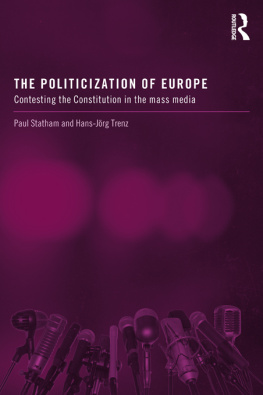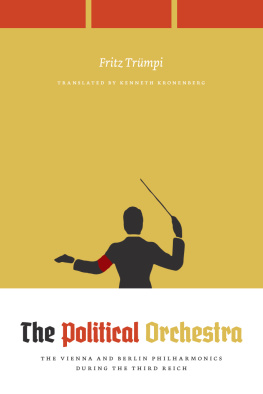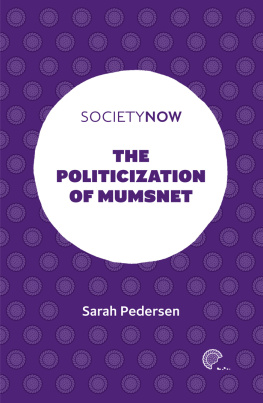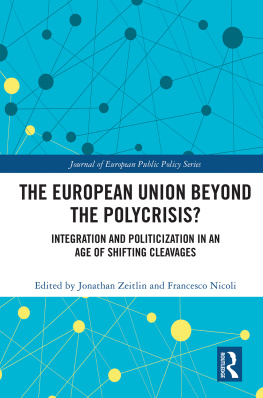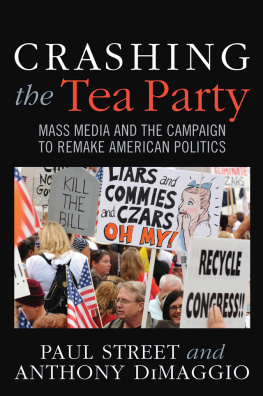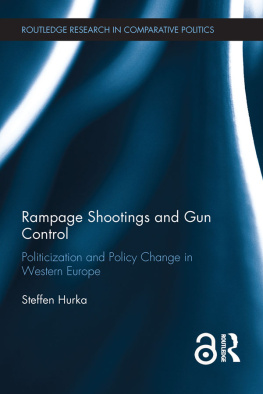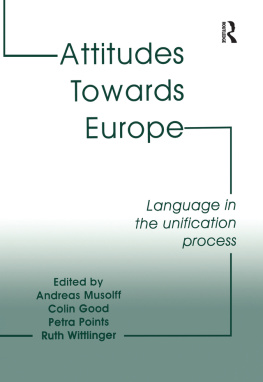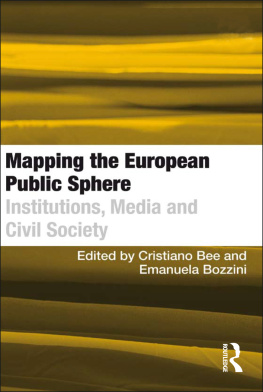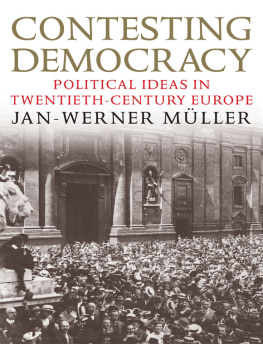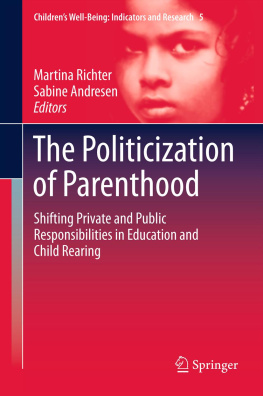THE POLITICIZATION OF EUROPE
This book examines how mass media debates have contributed to the politicization of the European Union. The public controversies over the EUs attempted Constitution-making (and its failure) sowed the seeds for a process of politicization that has advanced ever since: an increasing visibility for the EU in mass-mediated public debates that is combined with a growing public contestation over Europe within national politics. The book presents an original systematic study of the emerging field of political discourse carried by the mass media in France, Germany and Britain to examine the performance of Europes public sphere. Whilst the EUs increasing politicization can be seen as beneficial to European democracy, potentially normalizing the EU-level within national politics, the same developments can also be a threat to democracy, leading to populist and xenophobic responses and a decline in political trust. Such discussions are key to understanding the EUs legitimacy and how its democratic politics can work in an era of mediated politics.
The Politicization of Europe will be of interest to students and scholars of comparative politics, media studies, communication, sociology and European studies.
Paul Statham is Professor of Migration and Director of the Sussex Centre for Migration Research in the School of Global Studies at the University of Sussex, United Kingdom.
Hans-Jrg Trenz is Professor of European Studies and coordinator of the Centre for Modern European Studies, at the University of Copenhagen, Denmark. He is also Adjunct Professor at ARENA, Centre for European Studies at the University of Oslo, Norway.
Routledge studies on democratising Europe
Edited by Erik Oddvar Eriksen and John Erik Fossum
ARENA, University of Oslo
Routledge Studies on Democratising Europe focuses on the prospects for a citizens Europe by analysing the kind of order that is emerging in Europe. The books in the series take stock of the EU as an entity that has progressed beyond intergovernmentalism and consider how to account for this process and what makes it democratic. The emphasis is on citizenship, constitution-making, public sphere, enlargement, common foreign and security policy, and Europe society.
1. Developing a Constitution for Europe
Edited by Erik Oddvar Eriksen, John Erik Fossum and Agustn Jos Menndez
2. Making the European Polity
Reflexive integration in the EU
Edited by Erik Oddvar Eriksen
3. Questioning EU Enlargement
Edited by Helen Sjursen
4. The European Union and the Public Sphere
A communicative space in the making?
Edited by John Erik Fossum and Philip Schlesinger
5. Law, Democracy and Solidarity in a Post-national Union
The unsettled political order of Europe
Edited by Erik Oddvar Eriksen, Christian Joerges and Florian Rdl
6. The New Politics of European Civil Society
Edited by Ulrike Liebert and Hans-Jrg Trenz
7. Rethinking Democracy and the European Union
Edited by Erik Oddvar Eriksen and John Erik Fossum
8. The Politicization of Europe
Contesting the Constitution in the mass media
Paul Statham and Hans-Jrg Trenz
THE POLITICIZATION OF EUROPE
Contesting the Constitution in the mass media
Paul Statham and Hans-Jrg Trenz
First published 2013
by Routledge
2 Park Square, Milton Park, Abingdon, Oxon, OX14 4RN
Simultaneously published in the USA and Canada
by Routledge
711 Third Avenue, New York, NY 10017
Routledge is an imprint of the Taylor & Francis Group, an informa business
2013 Paul Statham and Hans-Jrg Trenz
The right of Paul Statham and Hans-Jrg Trenz to be identified as authors of this work has been asserted in accordance with sections 77 and 78 of the Copyright, Designs and Patents Act 1988.
All rights reserved. No part of this book may be reprinted or reproduced or utilised in any form or by any electronic, mechanical, or other means, now known or hereafter invented, including photocopying and recording, or in any information storage or retrieval system, without permission in writing from the publishers.
Trademark notice: Product or corporate names may be trademarks or registered trademarks, and are used only for identification and explanation without intent to infringe.
All reasonable efforts have been made to identify and contact copyright holders but in some cases these could not be traced. If you hold or administer rights for materials published here, please contact us.
British Library Cataloguing in Publication Data
A catalogue record for this book is available from the British Library
Library of Congress Cataloging-in-Publication Data
Statham, Paul.
The politicization of Europe : contesting the constitution
in the mass media / Paul Statham and Hans-Jrg Trenz.
p. cm. (Routledge studies on democratising Europe)
Includes bibliographical references and index.
1. European UnionConstitutionPublic opinion. 2. Constitutional lawPolitical aspects
European Union countries. 3. Constitutional historyEuropean Union countries.
4. Mass mediaPolitical aspectsEuropean Union countries. I. Trenz, Hans-Jrg. II. Title.
KJE4445.S75 2012
342.24029dc23
2012013627
ISBN: 978-0-415-58466-1 (hbk)
ISBN: 978-0-415-63566-0 (pbk)
ISBN: 978-0-203-09480-8 (ebk)
Typeset in Bembo
by Swales & Willis Ltd, Exeter, Devon
Wre es da
Nicht doch einfacher, die Regierung
Lste das Volk auf und
Whlte ein anderes?
[Would it not be easier
In that case for the government
To dissolve the people
And elect another?]
Bertolt Brecht, The Solution, translated by John Willett and Ralph Manheim
CONTENTS
FIGURES
TABLES
PREFACE AND ACKNOWLEDGEMENTS
In some ways writing this book has been as much the result of unexpected outcomes and unintended consequences as its topic, the EUs politicization through its Constitution-making. At the proposal stage the international research collaboration was initiated in 2004 by John Erik Fossum (ARENA, Centre for European Studies at the University of Oslo) and Hans-Jrg (then, at the Humboldt University, Berlin) with six partners in Denmark, Germany, the Netherlands, Norway, Spain and Britain. We targeted a scheme shaped by the European Science Foundation, which required each national team to seek funding from their respective national domestic funding bodies. Only three national teams from the initial collaboration received funding, the British, the German, and the Spanish, and in addition we lost our proposed coordinator John Erik. Significant delays by the funding bodies in reaching a decision and supplying the funds then also meant that the French and Dutch referendums had transformed the subject material before we had even started. Initially, the idea behind the research project was to see whether events would follow the path predicted by the plentiful theories about how the Constitution would resolve the EUs search for a public, not least that of public sphere scholar Jrgen Habermas. Although the tidal wave of optimism with which the academic community had greeted the initiation of the EUs Constitutional moment soon shifted to pessimism in the wake of the referendum results, it was still clear to us as social scientists that trying to explain the role of the public sphere in shaping the actual outcomes, and providing supporting evidence, was a worthwhile endeavour, and, if anything, a more challenging project.

